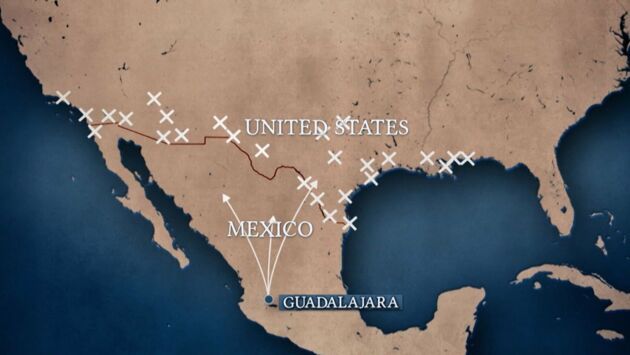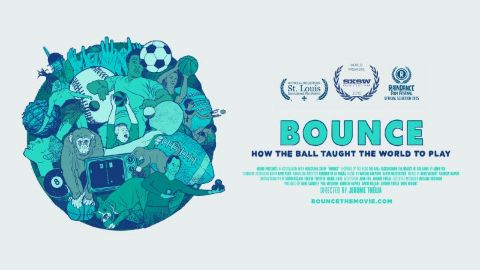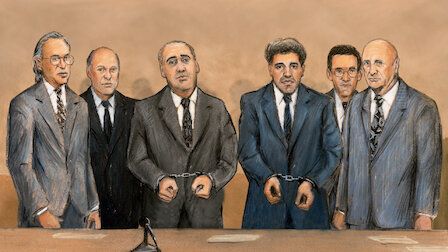The Lost Territories • 2020 • episode "S1E3" • The Story of Drug Trafficking
The third episode opens on a world of drug trafficking that has been fragmented by the efforts of the police. Dealers have now changed; invisibility is their chief weapon. The trade has shifted to areas beyond law-and-order, like war zones in Afghanistan or areas with guerilla activity like Colombia. Designer drugs, which are easy to manufacture and conceal, play a key role in the transformation of the traffic. In Mexico, the cartels have dragged the whole country into a merciless spiral of violence – wherever one looks, the toll of the war on drugs makes for grim reading. Synthetic drugs, which are easy to manufacture and conceal, herald the fourth generation to come: traffickers in white coats. This poses the question: Is it time to legalize drugs, radically changing the current situation and perhaps the way we perceive them?
Make a donation
Buy a brother a hot coffee? Or a cold beer?
Hope you're finding these documentaries fascinating and eye-opening. It's just me, working hard behind the scenes to bring you this enriching content.
Running and maintaining a website like this takes time and resources. That's why I'm reaching out to you. If you appreciate what I do and would like to support my efforts, would you consider "buying me a coffee"?
Donation addresses
BTC: bc1q8ldskxh4x9qnddhcrgcun8rtvddeldm2a07r2v
ETH: 0x5CCAAA1afc5c5D814129d99277dDb5A979672116
With your donation through , you can show your appreciation and help me keep this project going. Every contribution, no matter how small, makes a significant impact. It goes directly towards covering server costs.








